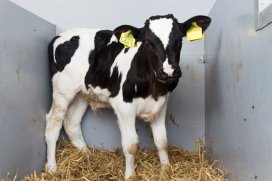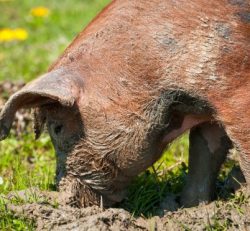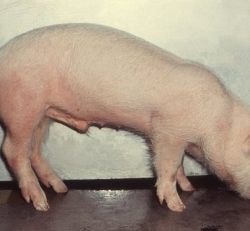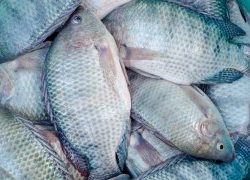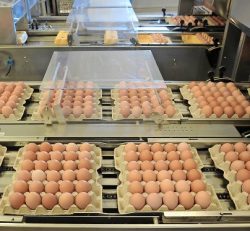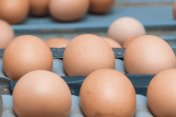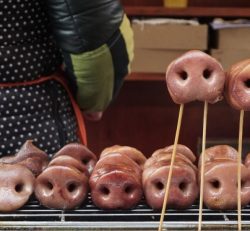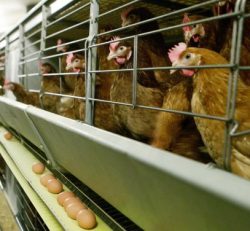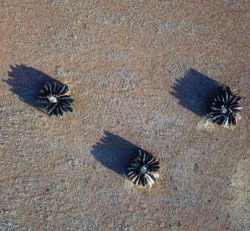FINDING THE RIGHT PROBIOTIC STRAINS FOR YOUNG CALVES
The use of native microorganisms with probiotic capacity is an alternative tool for the treatment and prevention of several diseases that affect animals, such as neonatal calf diarrhoea. Earlier studies showed that calves fed with probiotics require less treatment against infectious diseases and the incidence and severity of Neonatal calf diarrhoea (NCD) can be reduced. In one study, the use of probiotics had a better prophylactic effect on NCD compared to antibiotics-based treatments. The use of probiotics accompanies the global trend of promoting preventive and natural feeding practices. Lactic acid bacteria (LAB) are prominent members of the normal intestinal microbiota and are widely recognised for their beneficial effects, including the contribution to the balance of the microbiota, inhibition of pathogen colonisation and improvement of the host immune response.
Strains from faeces calves
The selection of probiotic strains within a collection is based on different in vitro and in vivo assays, which predict their potential. Key in finding the best probiotics is that the bacteria are part of the native microbiota, seeking safety, persistence and adaptability in the host. The aim of this study, published in the Journal of Beneficial Microbes, was therefore to characterise a group of native Lactobacillus spp. strains isolated from faeces of healthy calves using an in vitro approach and to assess their ability to colonise the gastrointestinal tract (GIT) of calves. Native Lactobacillus spp. strains were evaluated on their capacity to survive low pH conditions and bile salts presence, biofilm formation and adhesion to both mucus and Caco-2 cells.
4 strains further evaluated
Based on the in vitro characterisation, 4 strains (Lactobacillus johnsonii TP1.1, Lactobacillus reuteri TP1.3B, L. johnsonii TP1.6and Lactobacillus amylovorus TP8.7) were selected to evaluate their capacity to colonise and persist in the GIT of calves. The assessment of enteric persistence involved an in vivo assay with oral administration of probiotics and quantification in faeces of the administered bacterial species with real-time quantitative PCR (qPCR). The study was conducted using 15 calves (1-month-old) which were divided into 5 groups of 3 animals, 4 of which were treated with 4 different selected strains and 1 was the control group.
Conclusions
An important feature of probiotic bacteria is their ability to withstand the acidic conditions of the stomach and the presence of bile salts in the small intestine (Morelli, 2007). In this study, it was observed that the degree of tolerance was highly variable and dependent of each strain but not of the species, as has already been determined in previous studies. The results of this study showed that in vitro screening is a powerful tool to assess potential probiotic activity, especially to infer in the colonising ability. Different promising strains showed a remarkable capacity to colonise and persist in the GIT of lactating calves. The researchers showed that strains TP1.3B and TP1.6 managed to persist in treated animals until ten days after the end of the administration period, indicating that they could be promising candidates for the design of probiotics for calves. Further studies will be performed to assess their effect on the incidence of neonatal calf diarrhoea (NCD) and to characterise potential mechanisms of action.
Emmy Koeleman
Editor: All About Feed & Dairy Global
Source: www.allaboutfeed.net


